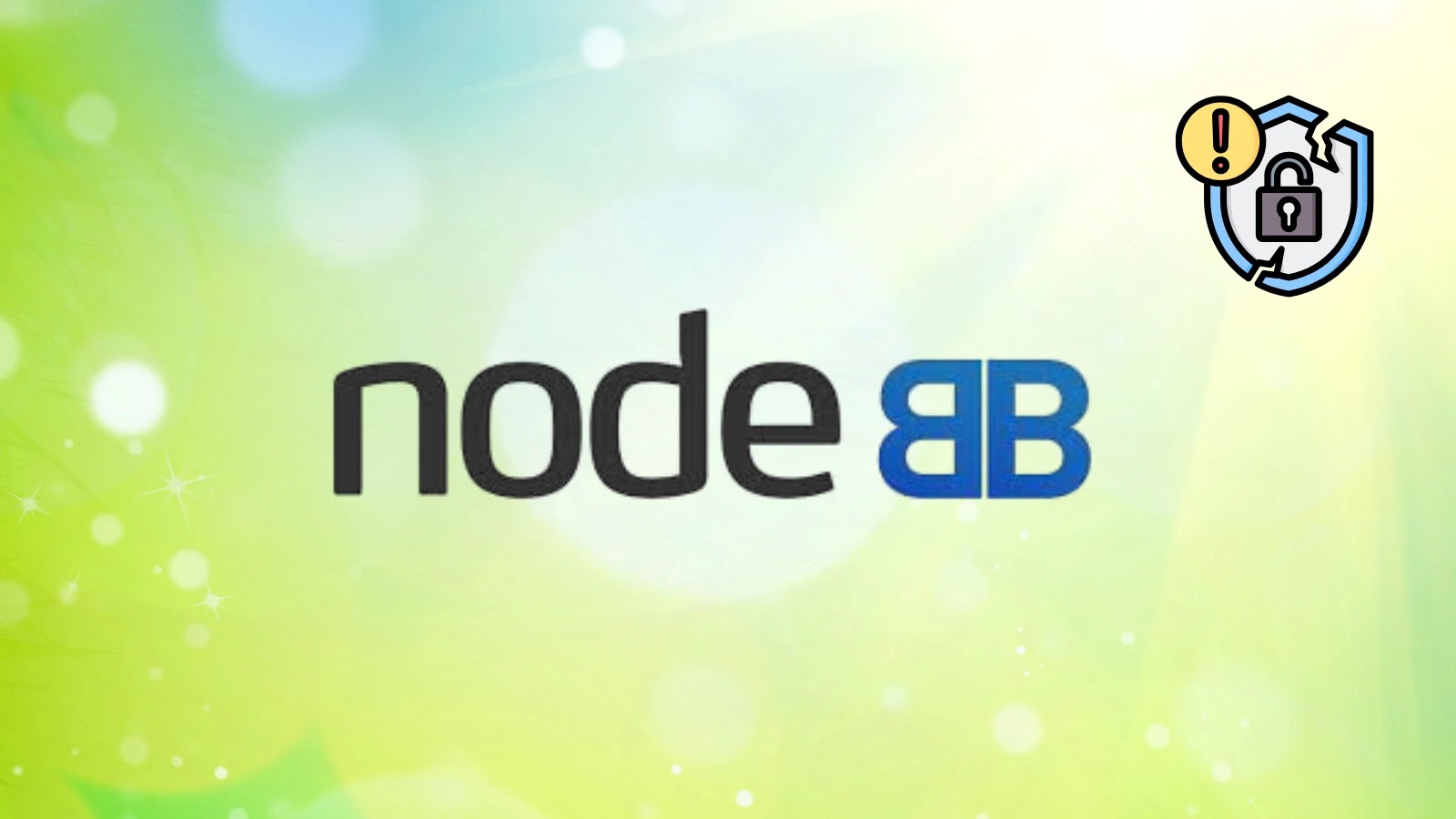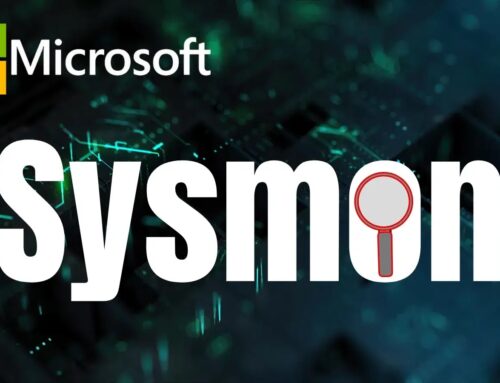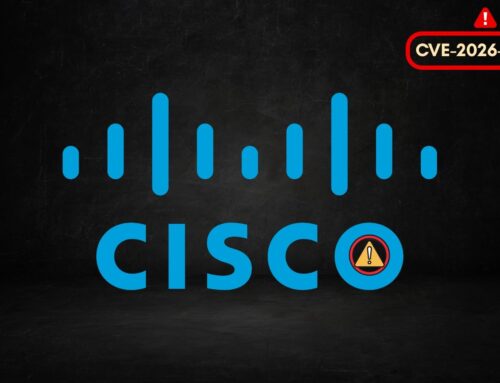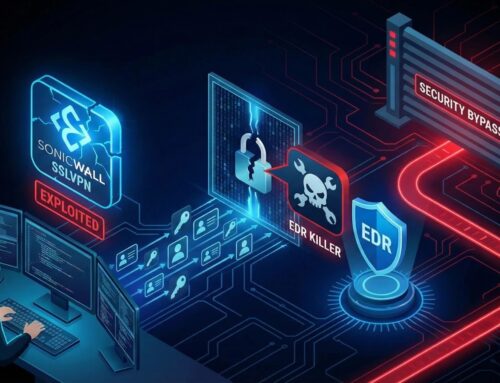
NodeBB Vulnerability Let Attackers Inject Boolean-Based Blind and PostgreSQL Error-Based Payloads
NodeBB Vulnerability: A Deep Dive into SQL Injection Threats
The digital landscape is constantly under siege, and the latest alarm sounds for NodeBB, a widely used open-source forum platform. A critical SQL injection vulnerability has been uncovered, posing a significant risk to organizations and communities relying on NodeBB for their online discussions. This flaw allows unauthenticated attackers to exploit the platform, potentially leading to unauthorized data access and severe information disclosure. Understanding the nature of this threat and taking proactive measures is paramount for maintaining data integrity and user trust.
Understanding CVE-2025-50979: A Critical SQL Injection Flaw
Tracked as CVE-2025-50979, this vulnerability impacts NodeBB version 4.3.0 and resides specifically within the search-categories API endpoint. The critical aspect of this flaw is its ability to allow unauthenticated, remote attackers to inject malicious code. This means an attacker doesn’t need legitimate user credentials to initiate the attack, making it highly accessible and dangerous.
The Mechanics of the Attack: Boolean-Based Blind and PostgreSQL Error-Based Payloads
Attackers can leverage two primary types of SQL injection techniques through this vulnerability:
- Boolean-Based Blind SQL Injection: This technique involves sending SQL queries that return a true or false result, allowing attackers to infer database structure and extract data bit by bit, even without direct error messages. It’s a stealthy method that can exfiltrate sensitive information slowly but surely.
- PostgreSQL Error-Based SQL Injection: In this scenario, attackers craft queries designed to provoke specific error messages from the PostgreSQL database. These error messages often contain sensitive information about the database schema, version, or even parts of the data itself, which attackers can then parse to gain intelligence or extract data directly.
Both methods provide pathways for attackers to bypass security controls and gain unauthorized access to the underlying database, risking confidentiality and integrity of stored information.
Potential Impact: Data Breaches and Information Exposure
Successful exploitation of CVE-2025-50979 can lead to a range of severe consequences:
- Unauthorized Data Access: Attackers could read, modify, or delete sensitive user data, including usernames, hashed passwords, email addresses, private messages, and other personal identifiable information (PII).
- Information Disclosure: Beyond direct data access, the vulnerability can expose details about the database structure, server configuration, and other system-level information that can be used for further, more sophisticated attacks.
- System Compromise: In some cases, advanced SQL injection techniques can lead to remote code execution, granting attackers full control over the compromised server.
The implications for any organization running an affected NodeBB instance are substantial, ranging from reputational damage and regulatory fines to significant operational disruption.
Remediation Actions: Securing Your NodeBB Installation
Immediate action is critical to mitigate the risks associated with CVE-2025-50979. Here are the essential steps:
- Upgrade NodeBB: The most crucial step is to upgrade NodeBB to a patched version as soon as an official security update is released. Monitor the official NodeBB channels and GitHub repository for security advisories and updates.
- Input Validation and Parameterized Queries: For developers, ensuring that all user inputs are properly validated and sanitized, and that parameterized queries (prepared statements) are used for all database interactions, is fundamental in preventing SQL injection.
- Web Application Firewall (WAF): Deploying a WAF can provide an additional layer of defense by detecting and blocking malicious SQL injection attempts before they reach your NodeBB instance. Configure your WAF to identify common SQL injection patterns.
- Regular Security Audits: Conduct periodic security audits and vulnerability assessments of your NodeBB instance and the underlying infrastructure. This helps in identifying potential weaknesses and misconfigurations.
- Principle of Least Privilege: Ensure that the database user account used by NodeBB has only the minimum necessary privileges to perform its functions. This limits the damage an attacker can inflict if a SQL injection is successful.
- Monitor Database Logs: Implement robust logging and monitoring for your database. Look for unusual queries, frequent errors, or attempts to access restricted data that could indicate an ongoing attack.
Tools for Detection and Mitigation
Leveraging the right tools can significantly enhance your ability to detect and prevent SQL injection vulnerabilities:
| Tool Name | Purpose | Link |
|---|---|---|
| SQLMap | Automated SQL Injection and Database Takeover Tool | http://sqlmap.org/ |
| Invicti (formerly Netsparker) | Web Application Security Scanner (identifies SQLi and other flaws) | https://www.invicti.com/ |
| PortSwigger Burp Suite | Web Application Security Testing (includes SQLi detection capabilities) | https://portswigger.net/burp |
| OWASP ZAP | Open Source Web Application Security Scanner | https://www.zaproxy.org/ |
| Cloudflare/Imperva (WAFs) | Web Application Firewall services (blocks SQLi attempts) | https://www.cloudflare.com/ (or specific WAF vendor) |
Protecting Your Forum: A Call to Action
The NodeBB vulnerability, CVE-2025-50979, serves as a stark reminder of the persistent threat of SQL injection. Organizations and individuals operating NodeBB forums must act decisively to upgrade their instances and implement robust security practices. Prioritizing security through timely updates, defensive coding practices, and comprehensive monitoring ensures the continued integrity and trustworthiness of your online communities. Ignoring such critical vulnerabilities leaves systems exposed and data vulnerable to malicious actors.





